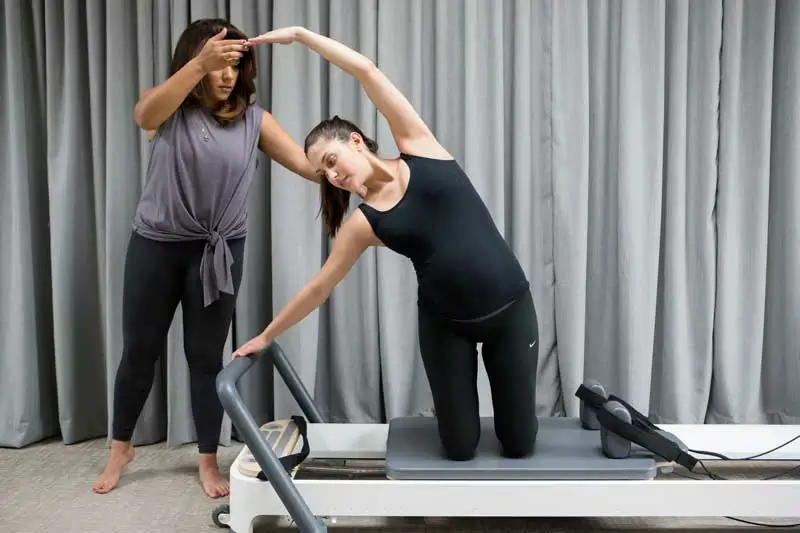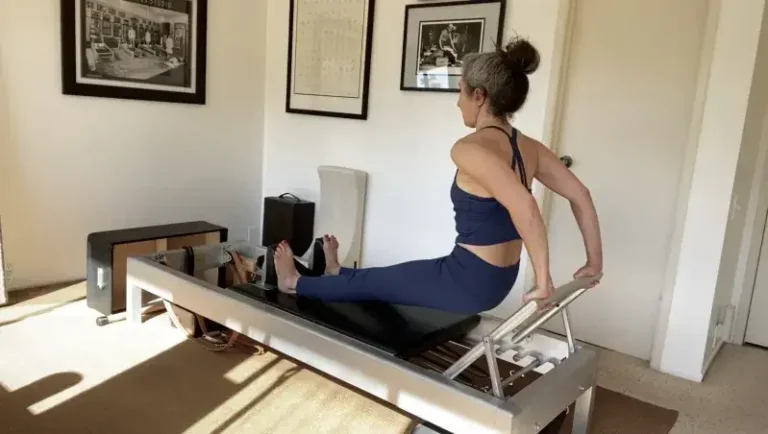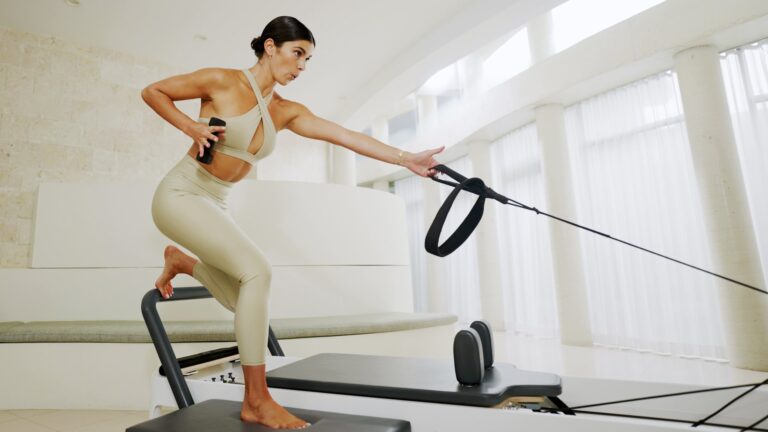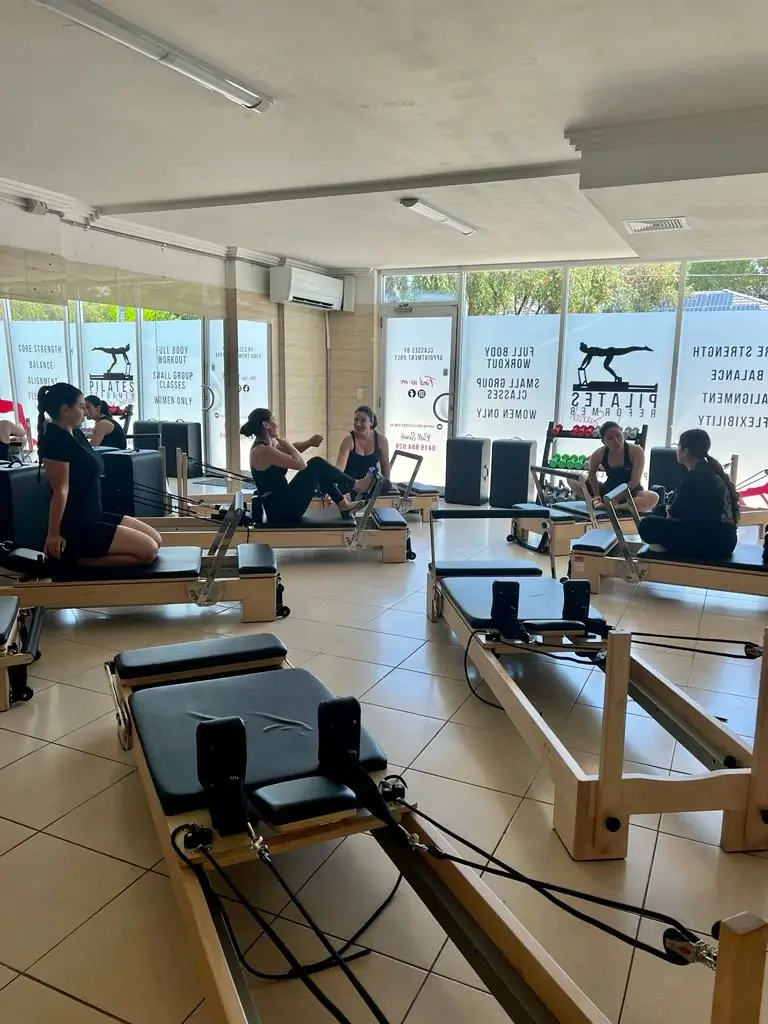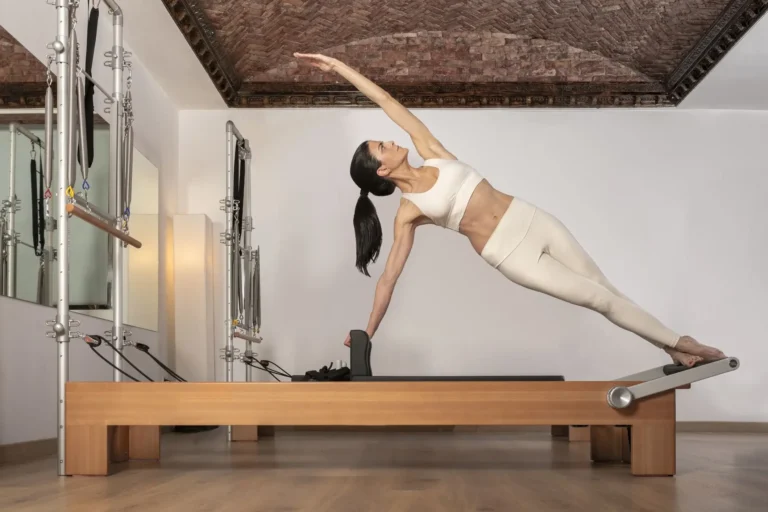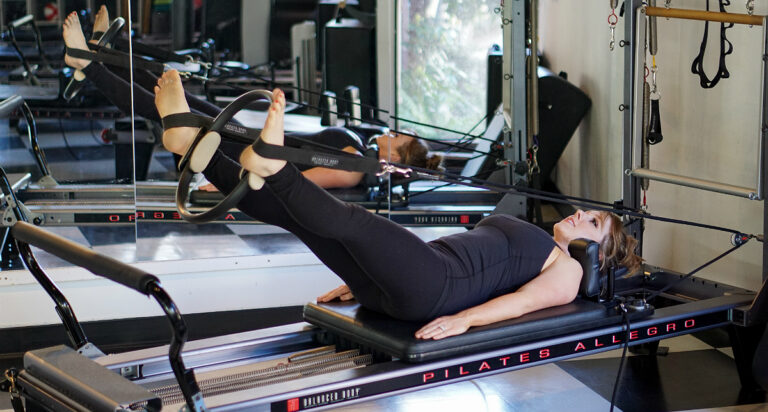Pilates Reformer for Prenatal Fitness: A Gentle Approach to Strengthening and Relaxation
Prenatal fitness is a crucial aspect of ensuring a healthy and comfortable pregnancy journey. Pilates, specifically tailored for expectant mothers, can be a game-changer. The Pilates Reformer, with its adaptable design, offers a gentle yet effective way for pregnant women to strengthen their bodies, improve flexibility, and experience overall well-being. In this article, we’ll explore the benefits and considerations of using the Pilates Reformer for prenatal fitness.

The Benefits of Prenatal Pilates Reformer Workouts
1. Gentle on Joints
- The Pilates Reformer provides a low-impact environment, making it gentle on the joints. This is particularly important during pregnancy when joints are more prone to discomfort.
2. Core Strengthening
- Prenatal Pilates Reformer exercises focus on the deep core muscles, helping to maintain abdominal strength and stability, which is essential for the changing demands of pregnancy.
3. Improved Posture
- As the body changes, maintaining good posture becomes challenging. The Reformer encourages proper alignment, supporting the spine and reducing back strain.
4. Enhanced Flexibility
- The Reformer’s dynamic movements promote flexibility, aiding in easing the tension in muscles and joints commonly experienced during pregnancy.
5. Mind-Body Connection
- Pilates emphasizes the mind-body connection. Prenatal sessions on the Reformer allow expectant mothers to stay connected with their changing bodies and alleviate stress.
Considerations for Prenatal Pilates Reformer Workouts
1. Consultation with Healthcare Provider
- Before starting any exercise routine during pregnancy, it’s crucial to consult with a healthcare provider to ensure that Pilates is safe for your specific situation.
2. Modification of Intensity
- Prenatal Pilates Reformer exercises should focus on controlled movements. Avoid overexertion, and if an exercise feels uncomfortable, modify or skip it.
3. Avoidance of Supine Positions
- After the first trimester, it’s advisable to avoid exercises in a supine position for extended periods. The Reformer allows for modifications to ensure comfort and safety.
4. Pelvic Floor Awareness
- Prenatal Pilates on the Reformer includes exercises that enhance pelvic floor awareness, contributing to pelvic floor health during and after pregnancy.
Sample Prenatal Pilates Reformer Exercises
1. Pelvic Tilts
- Target: Pelvic Floor, Core
- Technique: Seated on the Reformer, perform gentle pelvic tilts, engaging the pelvic floor and core muscles.
2. Leg Press
- Target: Lower Body
- Technique: Modify the traditional leg press, ensuring controlled movements to target the lower body muscles without strain.
3. Arm Circles
- Target: Shoulders, Arms
- Technique: Seated or standing, perform gentle arm circles using the Reformer’s straps to maintain upper body mobility.
4. Side-Lying Leg Lifts
- Target: Outer Thighs, Hips
- Technique: Utilize the Reformer’s straps for support while lying on your side, lifting and lowering the top leg for outer thigh engagement.
FAQs
- Can I start Pilates Reformer during any trimester?
- It’s generally safe to begin Pilates Reformer during pregnancy, but it’s advisable to consult with a healthcare provider and start slowly, especially if you’re new to Pilates.
- Are there specific exercises to avoid during prenatal Pilates on the Reformer?
- Exercises that involve lying flat on the back for an extended period after the first trimester should be modified. High-impact or intense abdominal exercises may also need adjustments.
- How often should I do prenatal Pilates Reformer workouts?
- Aim for 2-3 sessions per week, adjusting intensity and duration based on how you feel. Consistency is key.
- Can I perform Pilates Reformer at home during pregnancy?
- Yes, with proper guidance and access to a Pilates Reformer, you can safely perform prenatal Pilates at home. Ensure that you follow a certified instructor’s recommendations.
- Is it normal to feel fatigued during prenatal Pilates Reformer sessions?
- Yes, some fatigue is normal. However, listen to your body and rest as needed. Modify exercises to suit your energy levels.
Conclusion
Pilates Reformer workouts during pregnancy offer a safe and effective way to stay active, strong, and flexible. With modifications and a focus on gentle, controlled movements, expectant mothers can benefit from the holistic approach of Pilates, enhancing both physical and mental well-being.

